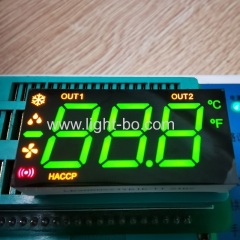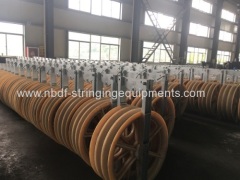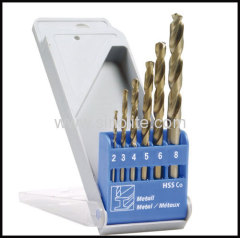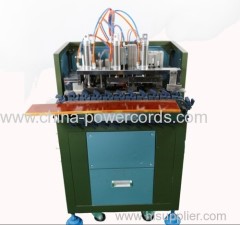
SERVER 2 0 2 3
| Min. Order: | 10 Piece/Pieces |
|---|---|
| Payment Terms: | T/T |
| Place of Origin: | Guangdong |
Company Profile
| Location: | Shenzhen, Guangdong, China (Mainland) |
|---|---|
| Business Type: | Manufacturer |
Product Description
JWIPC is committed to provide customers with safe and efficient server hardware solutions, meeting the needs of enterprise applications, big data, and mobile Internet applications. JWIPC servers are mainly divided into storage servers, computing servers and management servers, with standard rack-mounted design and modular structure to simplify product installation, operation and maintenance. JWIPC aims to help customers achieve efficient data storage, management and reliable
TYPES OF SERVER
Storage Server
Computing Server
DESKTOP COMPUTERS VS. SERVERS
A server is a device that provides data computing and storage services. The composition of the server includes a processor, hard disk, memory, system bus, etc., which is similar to general computer architecture, but due to the need to provide highly reliable services. Server has higher requirements in terms of processing power, stability, reliability, security, scalability and Manageability. Servers are classified into computing servers, management servers, and storage servers according to their functions.
Compared with ordinary computer servers, there are the following differences:
Different Appearance
The appearance of the case used by the server is generally relatively large. The common case of the server is blade type, tower type, cabinet type, etc. When the purpose is different, the design is also different.
The Operating Environment Is Different
The use of the server is 24/7 and it needs to work 24 hours a day. The Server Room dedicated to storing servers is composed of cabinets. The standard telecom server room environment has requirements for air conditioning, lighting, humidity, uninterruptible power supply, anti-static floor, rack space, and earthquake resistance level.
Different Hardware Quality
In the hardware design, more stability and reliability will be pursued. There will also be an emphasis on the configuration of different server types. For example, storage servers require very large hard disk space. If it needs to face large concurrent data processing, its processor will be correspondingly powerful.
Different Operating Systems
The server uses Windows Server Edition, Unix, and Linux operating systems. These operating systems will also be optimized in terms of security, stability, and so on.






.jpg)

